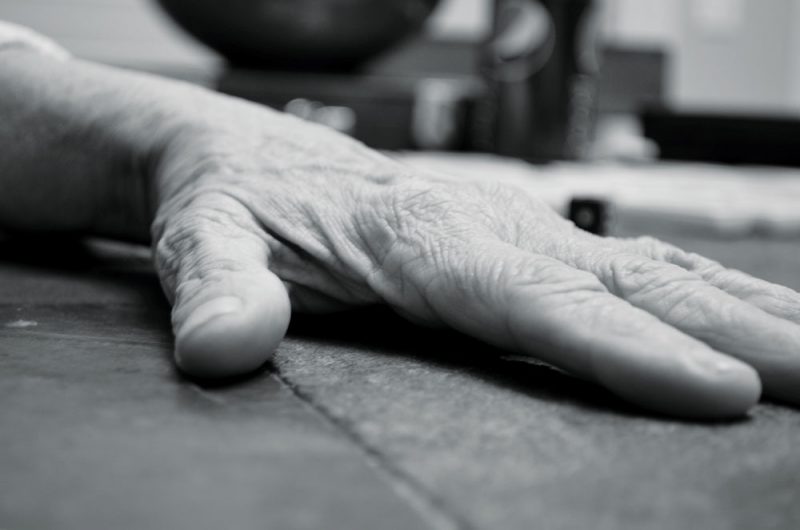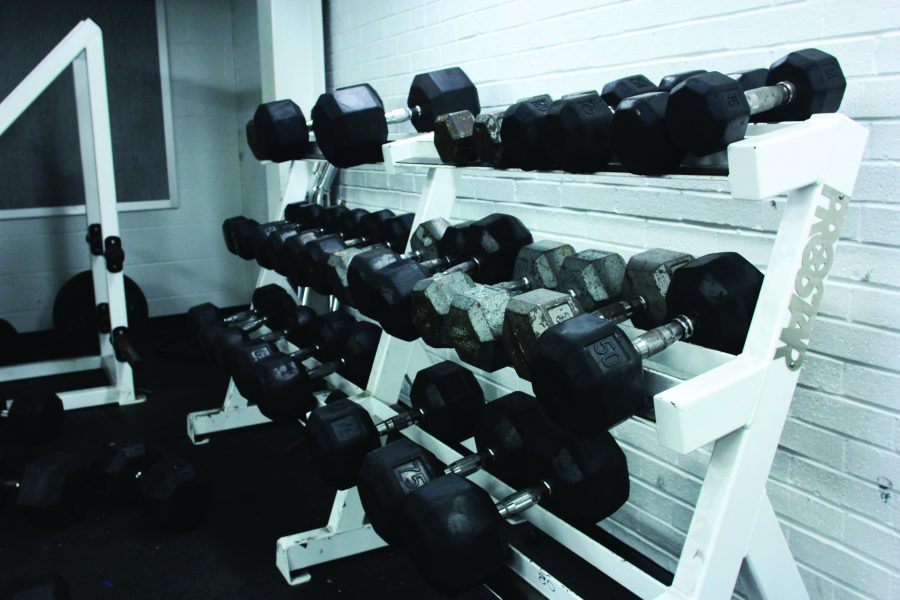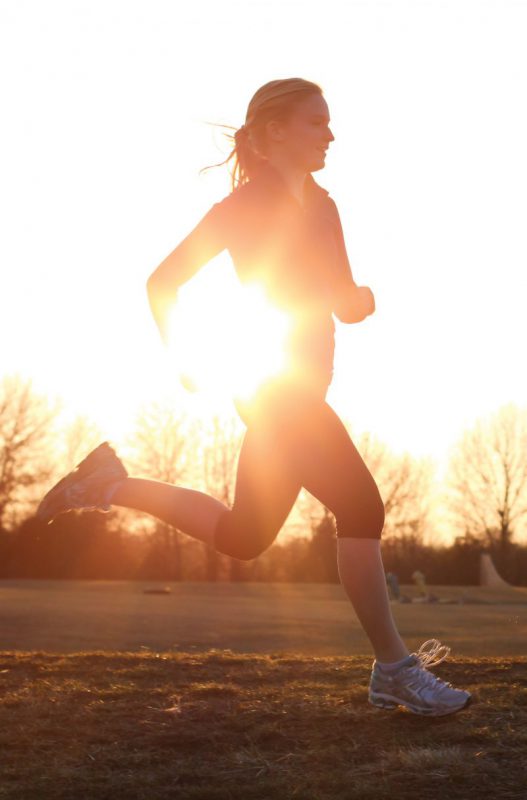It’s well past her normal bedtime, but sophomore Kanchan Hans is wide awake. The reason isn’t because she’s busy watching Netflix or studying hard for a test or hyped up on coffee; it’s because she’s walking around her house, racing to get as many steps as possible before midnight. Hans is engaged in the fight for the ultimate glory in a Fitbit challenge, and second place will simply not suffice.
“When I’m not wearing it, I don’t really think about how many steps I’ve taken,” Hans said. “But when I am wearing it, if there’s an option between sitting down and working or walking around and working, I usually pick the walking around one so I can get more steps in.”
While Hans is trying to increase her activity, for some tracking health goes deeper then a step count. In fact, having health issues is a predictor of whether or not one is likely to track their body movements. The Pew Research Center found that only 19 percent of healthy individuals took note of activity, compared to the 62 percent for those with two or more chronic illnesses.
For health and physical education teacher Trisha Scanlon, however, the ultimate goal is to reverse the effect; to have people using fitness trackers to improve their health as a preventative measure. Scanlon has used a Fitbit in the past and attests to their usefulness.
“Some of them keep track of calories burned and stairs climbed, and it’s really effective. I used to have one, and I wanted one really bad. I got it, and I was hooked; I was almost addicted to it,” Scanlon said. “I loved seeing that number just keep going up, and that helped keep me accountable to walk more and to just move more. But I feel like if you’re not 100 percent into it, then eventually you’ll just fall off.”
Health coach and certified personal trainer Pamela Hernandez has a similar view of the fitness devices.
[quote]“We like gadgets. Some people like the ‘gamification’ aspect. For others, it’s like trying a new diet,” Hernandez said. “They think it is the solution to their problem when it really runs much deeper. When they don’t see it fixing their fitness issues it ends up in a drawer unused and they move on the next thing.”[/quote]
It may seem like fitness trackers have exploded in the U.S market, with an estimated industry worth of 12.44 billion by 2022, according to an article by prnewswire.com. Their appeal, however, isn’t universal. In fact, Pew Research Center discovered 43 percent of people don’t record their exercise at all, and of those who do, only 21 percent use technology. As a part of that 43 percent, freshman Candace Osborne doesn’t see the value of the fitness monitors.
“[In] my opinion, I see [fitness trackers] as a tool that can be helpful if you’re trying to keep track of exercise, but [they are not] needed to be successful in athletics,” Osborne said. “I’d get one if there were ever a time that I really thought I’d use it and get the entire worth for what I was spending. But I don’t see me needing one in the next few years.”
Even for those like Scanlon who consider fitness trackers helpful, there are some hesitations. For one, there’s accuracy. While a Stanford medical study concluded that heart rate monitors are correct 95 percent of the time, calorie trackers are wrong 20 to 93 percent of the time. Hernandez believes that because of this imprecision, basing one’s diet on the calorie meter could be risky.
“A big problem is people try to eat to match their calories burned. These trackers are not perfectly calibrated scientific instruments! The calories burned is just an estimate,”Hernandez said. “If you allow yourself to eat more because you earned it not only does it set up the wrong mindset, you’ll probably overeat and potentially gain weight.”
That potential for error is one of the reasons why Scanlon thinks may not be wise to base one’s entire life around the exact numbers. Instead, she approves of a more holistic approach.
“I really just want each individual to focus on their own goals and be happy with who they are,” Scanlon said. “ [I want to] guide them and show them what a healthier life would look like.”

LATEST NEWS
- Stress, anxiety skyrocket as students prepare for upcoming AP tests
- RBHS holds successful night of percussion
- Not even water?
- Solar eclipse to pass through Missouri, April 8
- How CPS is organized: a guide
- City of Columbia to hold school board election April 2
- Youth Election Participants to assist in upcoming municipal election
- City of Columbia hosts first Community Engagement Session for McKinney Building, hopes to gain public insight on the structure’s future
- RBHS Track Team Opener at Battle Gallery
- March Mathness Photo Gallery


























































































